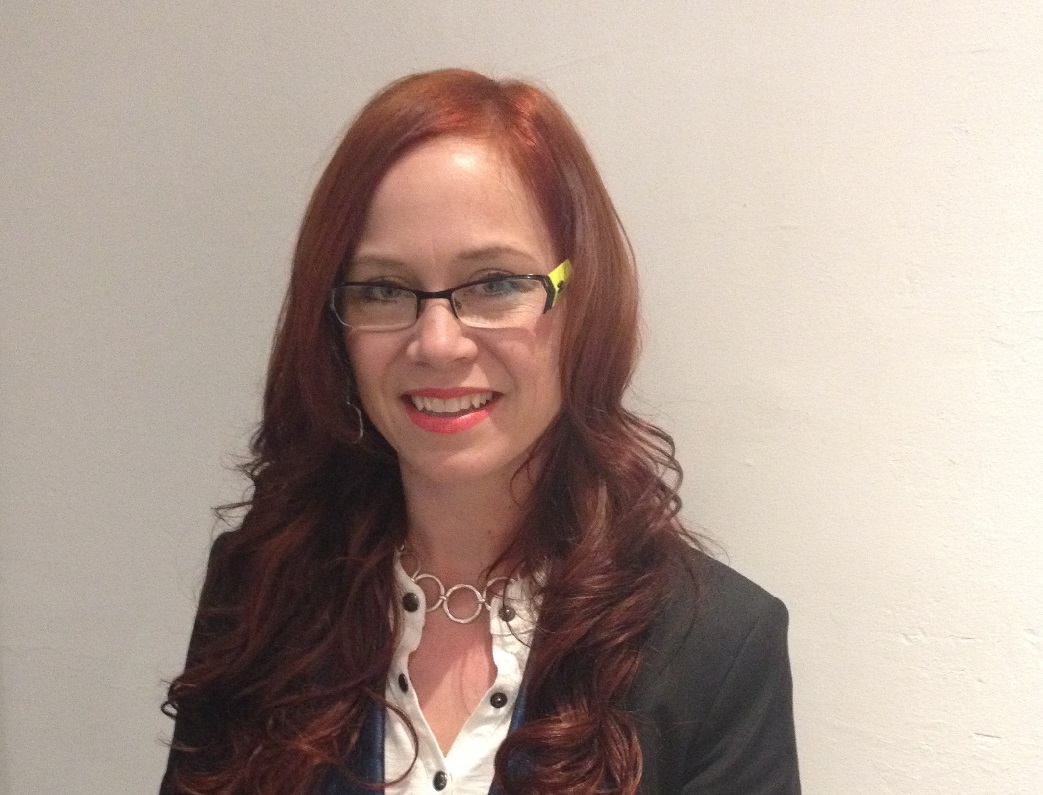Elaine Hsiao

Dr. Elaine Hsiao is an assistant professor at UCLA’s Department of Integrative Biology & Physiology and UCLA’s Department of Medicine, Digestive Diseases. In addition to her many distinctions, she was elected to the Forbes’ 2014 “30 Under 30 in Science & Health Care” and served on the White House Office of Science and Technology Microbiome Forum. Her research studies how changes to microbes inside our bodies impact our health and behavior and may influence various neurological disorders like autism, depression, and Parkinson’s disease.
See Dr. Elaine Hsiao speak on May 11 2016 at “Microbes: From Your Food to Your Brain”
Check out some of her previous talks and interviews
TEDXCaltech – “Mind-Altering Microbes: How the microbiome affects brain and behavior”
In her talk, Dr. Hsiao explains how the microbes in our gut can affect our brains by altering our production of neuroactive molecules and the potential applications of this research
Media Evolution – “Brain, Heart, gut – what drive us, really”
Here Dr. Hsiao shows how mouse models are used in her research. Specifically, she explains how she and her team experimentally determined gut microbes influence autistic-like behaviors in the mice.
Autism Speaks – “Investing in Talent: Predoctoral Fellow Elaine Hsaio”
In this interview, Dr. Hsiao talks about her previous work investigating how infections during pregnancy impact the risk of Autism.
For more information check out her Lab’s Website here





